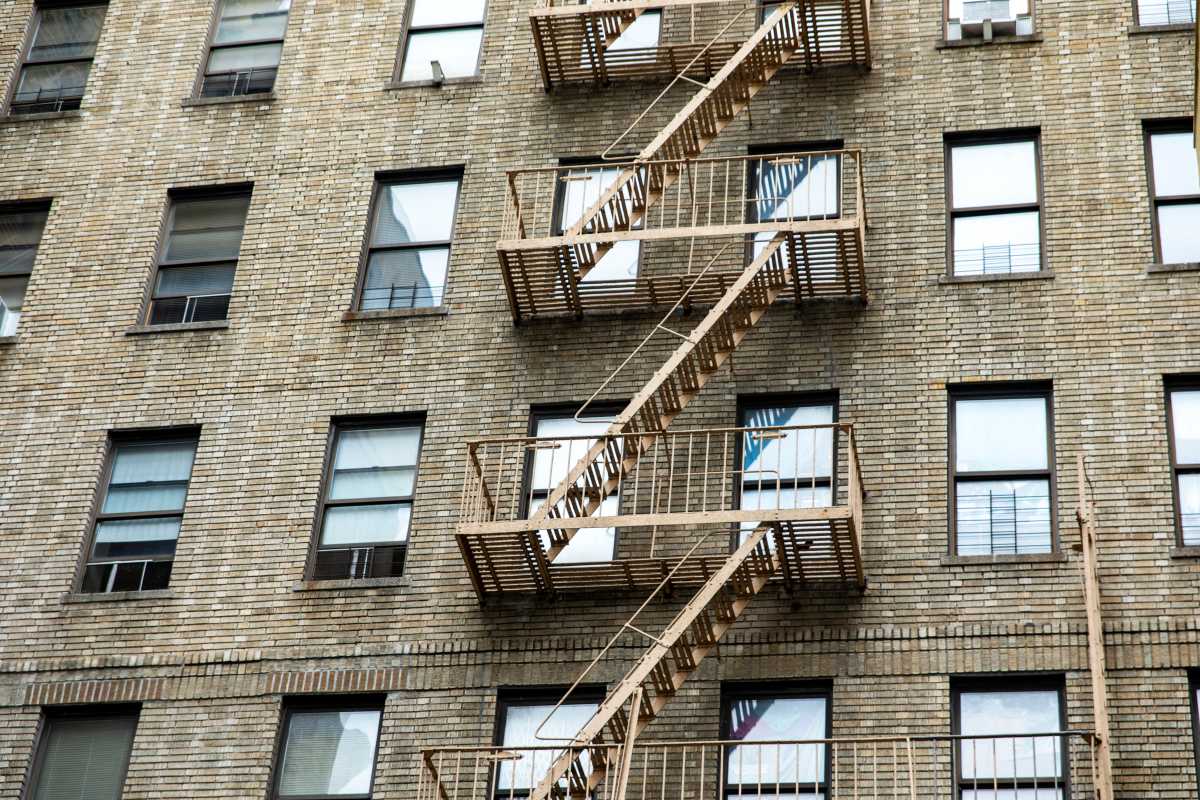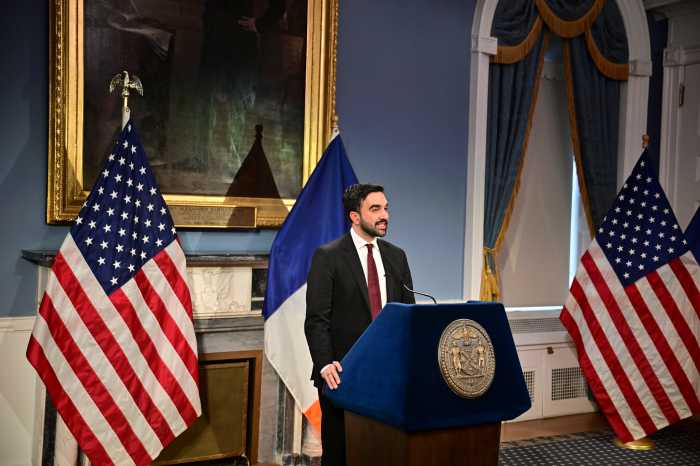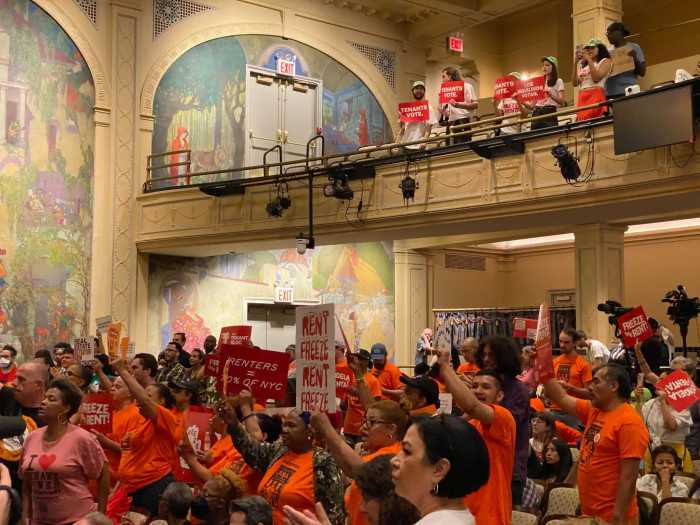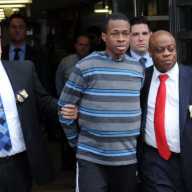The New York City Rent Guidelines Board on Tuesday revised its preliminary decision on rent increases for roughly one million rent-stabilized apartments, lowering the proposed range for two-year lease hikes in a rare revote.
The board voted 5-3, with one absentee, to reduce the proposed range for two-year leases from 4.75%–7.75% to 3.75%–7.75%. The original preliminary decision was made on April 30. The proposed increase for one-year leases remains unchanged at 1.75%–4.75%, ahead of the board’s final vote scheduled for June 27.
Board Chair Doug Apple said on May 27 that the re-vote on two-year leases was warranted based on testimony on the impact of potential rent increases on tenants, “whose incomes are not keeping pace with the rising cost of living.”
Even so, before the vote, tenant representative Adán Soltren criticized his fellow board members for not pushing for deeper cuts.
“Tenants in New York are really struggling right now, and I think the data is reflecting that,” Soltren said. He added that he hopes the public testimony submitted since the April meeting “influences my fellow board members to do the right thing and ultimately come down on a number at the final vote that’s more in line with the lower end of the range.”

The nine-member board — composed of two landlord representatives, two tenant representatives, and five public members appointed by the mayor — has rarely held a second preliminary vote. But Tuesday’s adjustments have done little to appease either tenant or landlord groups.
“The RGB process is intended to be based on the math,” said Ann Korchak, board president of the Small Property Owners of New York, a landlord advocacy group. She pointed to a Rent Guidelines Board report that found landlord operating costs rose by 6.3% over the past year.
“This second preliminary vote of even lower adjustments would further cap rent increases,” Korchak added. “Therefore, we are calling on the city to freeze property taxes, water and sewer rates, and other government-driven costs.”
Likewise, the Real Estate Board of New York (REBNY) also criticized the board’s decision, arguing that it disregards the economic realities facing property owners.
“The guideline range vote change is unprecedented and ignores the board’s own data,” said James Whelan, president of REBNY. “This is yet another troubling development for rent-regulated housing and will lead to a worsening of New York City’s housing crisis.”
Meanwhile, The Legal Aid Society condemned the revote, arguing it paves the way for more displacement and hardship.
“Today’s revote … deals a harsh blow to the millions of New Yorkers already struggling with the city’s soaring cost of living, inflation, economic uncertainty, and mounting financial pressures,” the organization said in a statement. “Despite missing yet another opportunity today to adopt a full rent freeze, the Board can still reverse course come the final vote in June.”
The organization urged the board to “listen to tenants, hear their concerns, and recognize how reckless it would be to raise rents on poor and working-class households in these unprecedented times.”
Following Tuesday’s meeting, tenant advocates continued to push for a full rent freeze, arguing that any increase would deepen the housing crisis. Cea Weaver, director of the New York State Tenant Bloc, a longtime advocate of a rent freeze, criticized the minor adjustment of the Adams-appointed board.
“The only reasonable rent hike was no rent hike at all,” Weaver said. “Landlords are making unprecedented profits while New Yorkers are getting priced out of the city we love. Tenants are the majority in New York City. If Adams won’t freeze the rent, we have the power to elect a mayor who will.”
Tenant Bloc has formally endorsed Assembly Member Zohran Mamdani as its top mayoral choice, with Comptroller Brad Lander ranked second. Mamdani was the first major Democratic candidate to call for a full rent freeze for stabilized tenants and has pledged to use the Rent Guidelines Board to achieve it if elected. All nine RGB members are appointed by the mayor, giving the office significant influence over the board’s direction.
Only two other candidates — state Sen. Jessica Ramos of Queens and former Assembly Member Michael Blake of the Bronx — have committed to appointing board members who would implement a rent freeze. Lander, City Council Speaker Adrienne Adams, and state Sen. Zellnor Myrie of Brooklyn have expressed support for a freeze this year, but have stopped short of committing to it in future years. Instead, they, along with former Comptroller Scott Stringer, have said they would base RGB appointments and policy on data about tenant hardship and landlord operating costs.
Though Tuesday’s vote was preliminary, the ultimate increases have historically fallen within the preliminary ranges, setting the stage for what will likely be a contentious final vote next month.







































